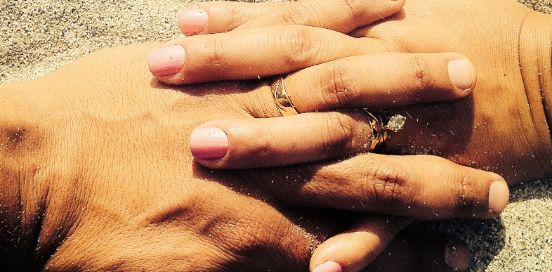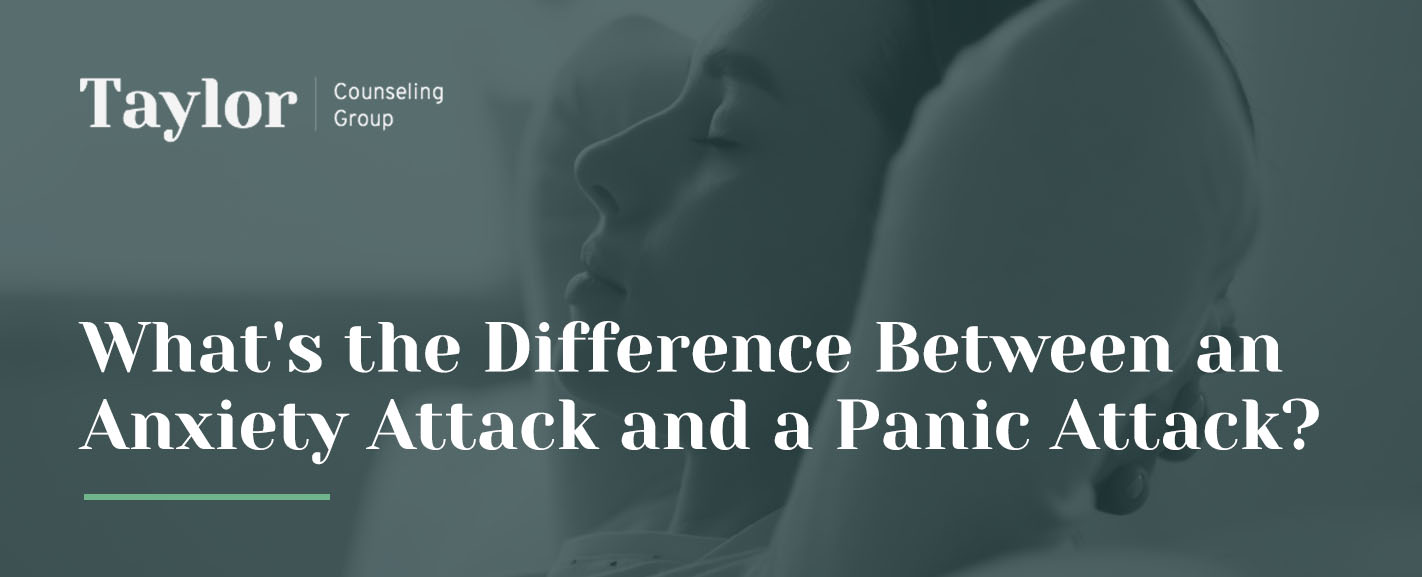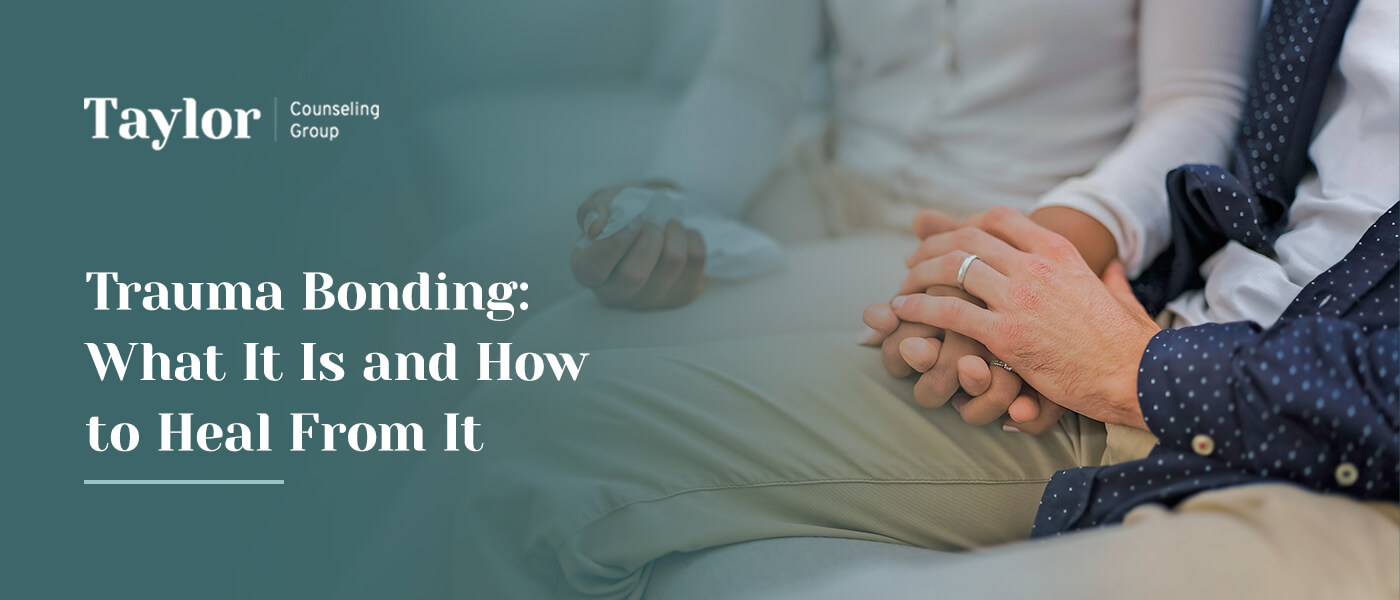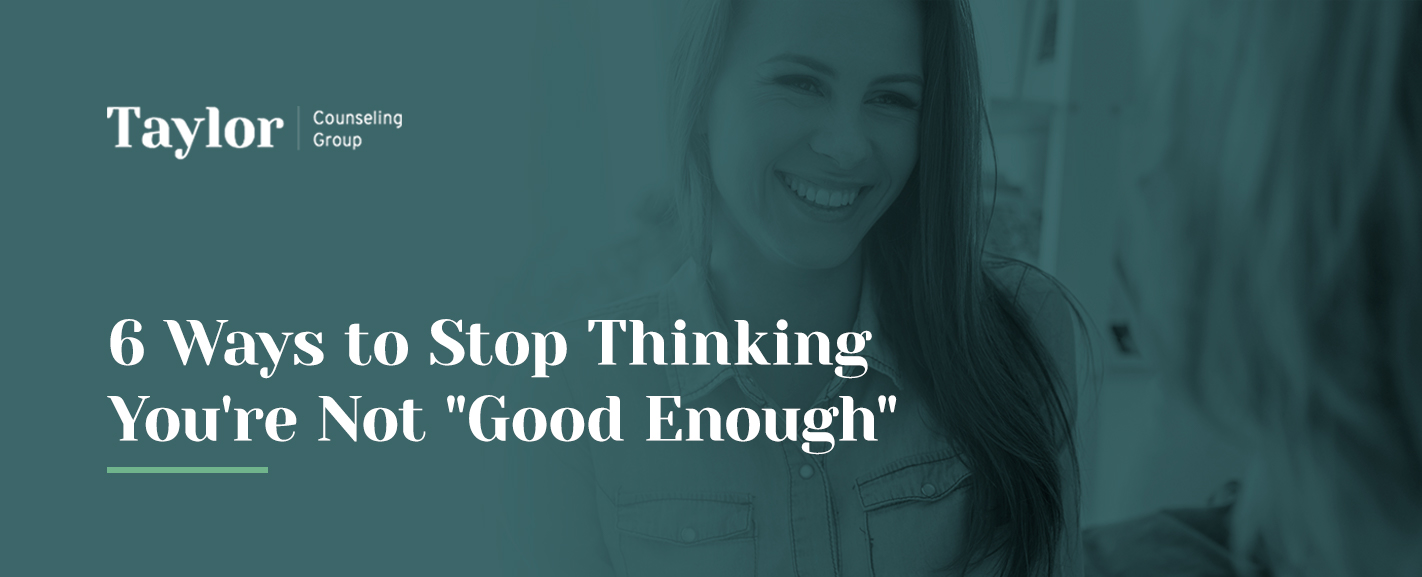The concept of commitment is written all over this episode. From Randall asking Beth to be a part of his campaign to Zoe agreeing to go to Vietnam with Kevin, the relationships shown in this episode set an example for an unwavering commitment to each other even in the hard times. Kate and Toby’s interaction, however, takes the cake.
After days of laying in bed Toby finally decides to get up and get dressed (a great idea, by the way, for beginning to work on changing how you feel when you’re depressed) hoping to push himself towards motivation. Kate persuades him to come on a walk with her and Audio and the sweetest conversation ends up happening between the two at the dog park.
Toby starts to fear that Kate is going to leave him just like his first wife did (this is called implicit memory). He even starts to give her permission to leave, telling her she doesn’t deserve to put up with him. Toby fears that he may never get better and this is just what life will be like forever. Kate quickly corrects him and says that she’s in it for the long haul. Twice she says the phrase “for better or worse” to remind him of their commitment to one another.
When we choose to give and receive this type of commitment we not only create habits for a healthy relationship but also create room for change. Now that Toby knows that Kate is committed to him with or without depression he will be more likely to take the steps necessary to heal from his depression. Often the shame we feel about our struggles keeps us from being about to work through the struggles. Genuine support from close friends and family is a game-changer. When someone is willing to walk through the struggles with you the thoughts of being unworthy, unlovable, less than, or not good enough start to fade away and hope starts to build.
We’ve seen Kate be the one who is taken care of for plenty of episodes now. Her willingness to let Toby lean on her for a change was very encouraging! I am hopeful this will create confidence in her as well. When we are constantly in a state of need and dependence we can start to think less of ourselves but being able to help others can give significance and value. It’s all about balance. We are not living as fully human versions of ourselves if we are always the one being cared for as well as always the one doing the caring.
Some Things to Consider:
- How can you communicate at “for better or worse” mentality in your own marriage?
- If you tend to be the one in a relationship who is cared for how can you step up to the plate in a friend or significant other’s time of need?






